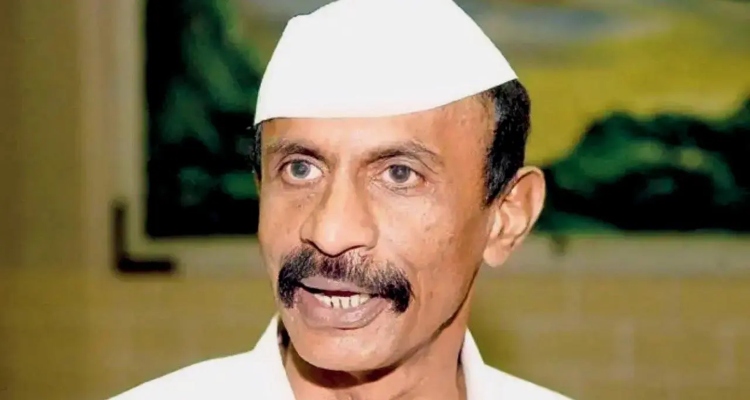
The Supreme Court on Monday indicated that it would examine the plea of the Maharashtra government challenging the remission granted to gangster-turned-politician Arun Gawli, who is serving a life sentence in a murder case.
A bench of Justice Surya Kant and Justice Ujjal Bhuyan told Senior Advocate Raja Thakare, representing the Maharashtra government, “He is 71-72 years of age now. He is not the Arun Gawli of the 1980s when people used to talk about him. You have to satisfy us about the possibilities of the scale of crime committed by him.”
Thakare noted that Gawli was an MLA, had been sentenced to life imprisonment, and was convicted under the Maharashtra Control of Organised Crime Act (MCOCA).
“The crimes he has committed are not against individuals but against society. The law of remission is very clear that the gravity of the offence must be taken into account,” submitted the Maharashtra government.
Senior Advocate Nitya Ramakrishnan, representing Gawli, argued that he is entitled to premature release under the 2006 state policy, specifically framed for prisoners of advanced age and physical weakness. She stated that the medical board had certified Gawli as infirm due to his advanced age.
The bench noted that Gawli had previously been granted parole by the court, which had been extended over time. It indicated that Ramakrishnan could file an application for parole, not bail, which would be considered on July 31 along with Gawli’s appeal against the conviction. The petition from the state government will be heard alongside the main appeal on the same date.
The Court also directed the continuation of its June 3 order, which put a stay on Gawli’s premature release until further orders. The apex court asked the state government to file an affidavit detailing Gawli’s criminal antecedents.
On June 3, the Supreme Court stayed the operation of the April 5 order from the Nagpur bench of the Bombay High Court, which had directed the state authorities to consider Gawli’s application for premature release under the 2006 remission policy. A notice was issued to Gawli on the state government’s plea regarding the matter.
The Nagpur bench had granted Gawli’s plea for direction to the state government to consider his premature release according to the 2006 remission policy, which was in effect at the time of his conviction on August 31, 2012. Gawli, serving a life sentence for the 2007 murder of Mumbai Shiv Sena corporator Kamlakar Jamsandekar, claimed compliance with all conditions of the 2006 policy.
Gawli argued that the rejection of his premature release application by state authorities was unjust and arbitrary. He contended that, due to his advanced age and medical condition, he was eligible for the remission policy benefits.
The state government opposed the plea, citing revised guidelines dated March 18, 2010, which stipulate that no premature release should be granted to a convict of organized crime unless they serve 40 years of actual imprisonment. The high court rejected this submission, deeming it “totally misconceived,” and maintained that the 2006 policy, which was specifically designed for prisoners of advanced age and physical weakness, should apply.
The high court ruled that Gawli was entitled to the benefits of the 2006 remission policy and that convicts under the MCOCA could not be excluded from its benefits. It ordered the Maharashtra government to issue a consequential order within four weeks from the date of the order’s upload.
However, on May 9, the state government sought an additional four months for implementing the April 5 order, citing its challenge in the Supreme Court. The high court, acknowledging the Supreme Court’s summer vacation starting May 20, 2024, granted the state four more weeks for implementation but made it clear that no further extensions would be granted.
Gawli, known for his prominence from Dagdi Chawl in Byculla, is the founder of the Akhil Bharatiya Sena and served as an MLA from 2004-2009 for the Chinchpokli seat in Mumbai. Arrested in 2006 and convicted in August 2012 for the murder of Shiv Sena corporator Kamlakar Jamsandekar, he was sentenced to life imprisonment and fined Rs 17 lakh.




